Left Turn: Political Essays for the New Left
Melbourne University Press, $27.99 pb, 279 pp, 9780522861433
Left Turn: Political Essays for the New Left edited by Antony Lowenstein and Jeff Sparrow
Few would suggest that global capitalism is in rude, unqualified, health. Greece has just voted on whether to stay in the Euro, global markets continue their rollercoaster trajectory, and millions of workers in advanced Western economies remain jobless. With much of the rich world halfway into a lost decade, capitalism is suffering another of the periodic and devastating crises that seem an ineradicable aspect of its nature.
This should be a great time to be a critic of capitalism. Perhaps that is the thinking behind Left Turn, Anthony Lowenstein and Jeff Sparrow’s new compilation of political essays. The book contains contributions from some of this country’s best left-leaning polemicists and political writers, including Sparrow and Lowenstein themselves, Christos Tsiolkas, Guy Rundle, Wendy Bacon, Tad Tietze and Elizabeth Humphrys, Larissa Behrendt, and Jacinda Woodhead. Read collectively, Left Turn also reveals the confusion and uncertainty of those unhappy with the present state of things, and the contradictory and implausible demands of those critiquing the capitalist status quo.
The chapters by Tsiolkas and Rundle are the best, particularly Rundle’s, which comes closest to grappling with the multifaceted phenomenon of post-industrial capitalism. Being Rundle, it is also penned with his usual sparkling wit. Taking his cue from the Situationists, Rundle examines late capitalism through the lens of the shopping mall, as the theme park exemplar of the capitalist spectacle. Discussing the evolution of socialism and the new left, Rundle writes that ‘the neoliberal era, and its triple whammy of renewed inequality, totalisation of a shaped and commodified social space, and the counterfeiting of life via a branded world, requires a politics that draws on those previous movements but is not nostalgically bound by their form’. In response, he calls for a new politics of work and leisure, in which individuals accept lower living standards in material terms in exchange for a shorter working week. What we’ll get in return, he argues, is ‘more time, more freedom, more choice, more life’.
Continue reading for only $10 per month. Subscribe and gain full access to Australian Book Review. Already a subscriber? Sign in. If you need assistance, feel free to contact us.




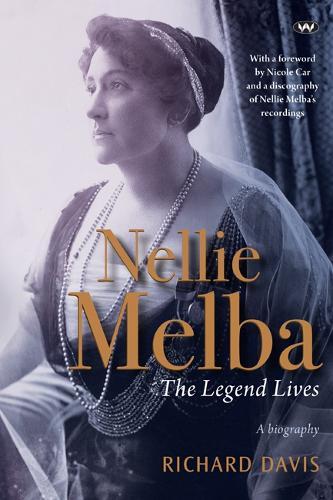


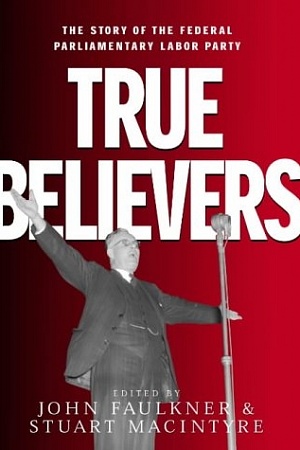
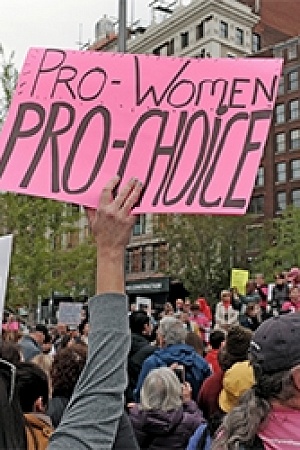
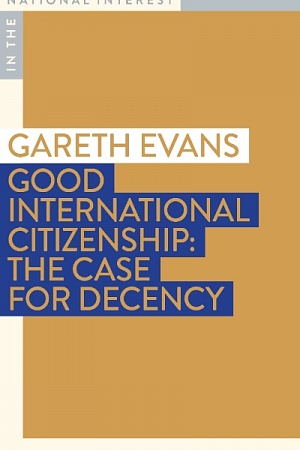
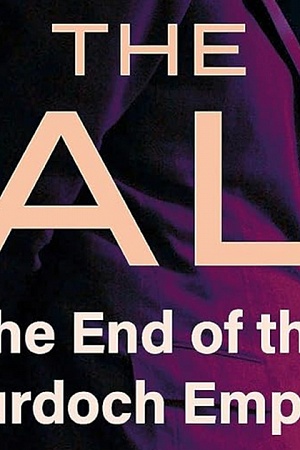




Leave a comment
If you are an ABR subscriber, you will need to sign in to post a comment.
If you have forgotten your sign in details, or if you receive an error message when trying to submit your comment, please email your comment (and the name of the article to which it relates) to ABR Comments. We will review your comment and, subject to approval, we will post it under your name.
Please note that all comments must be approved by ABR and comply with our Terms & Conditions.